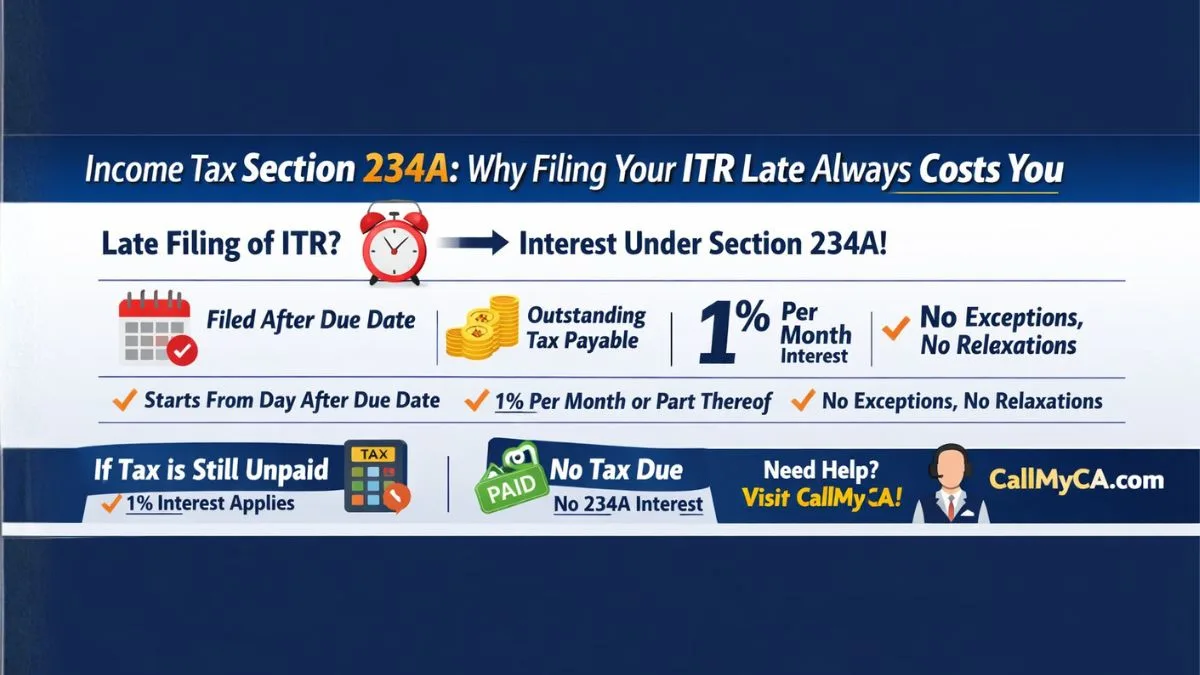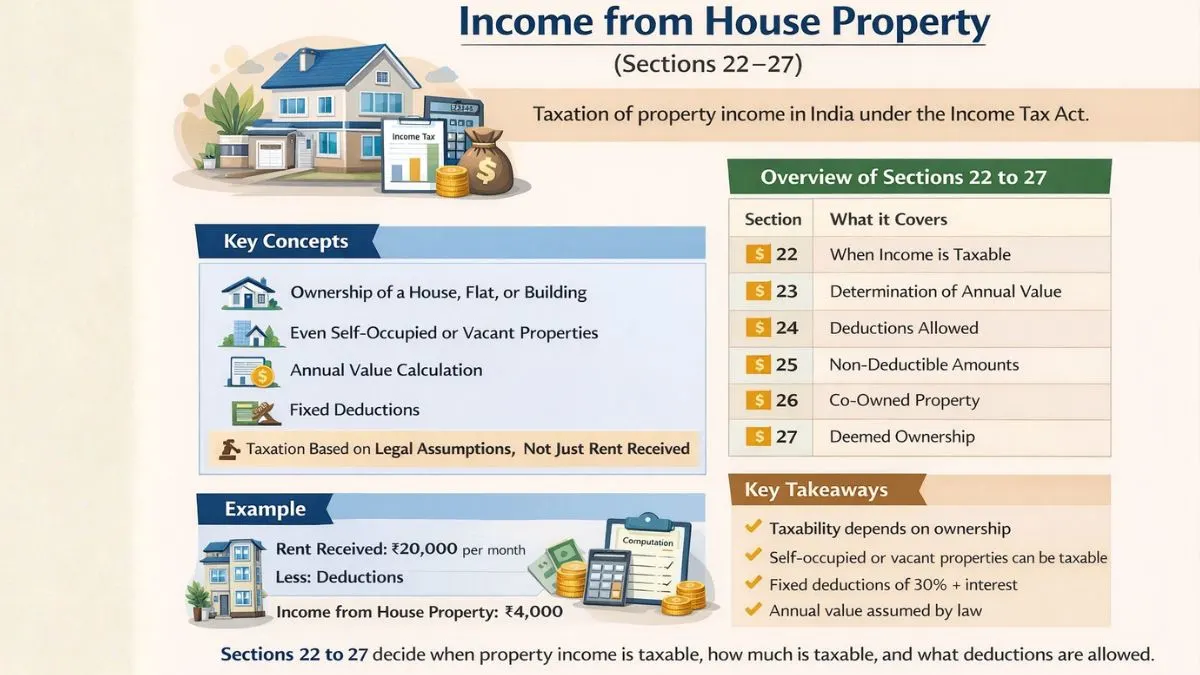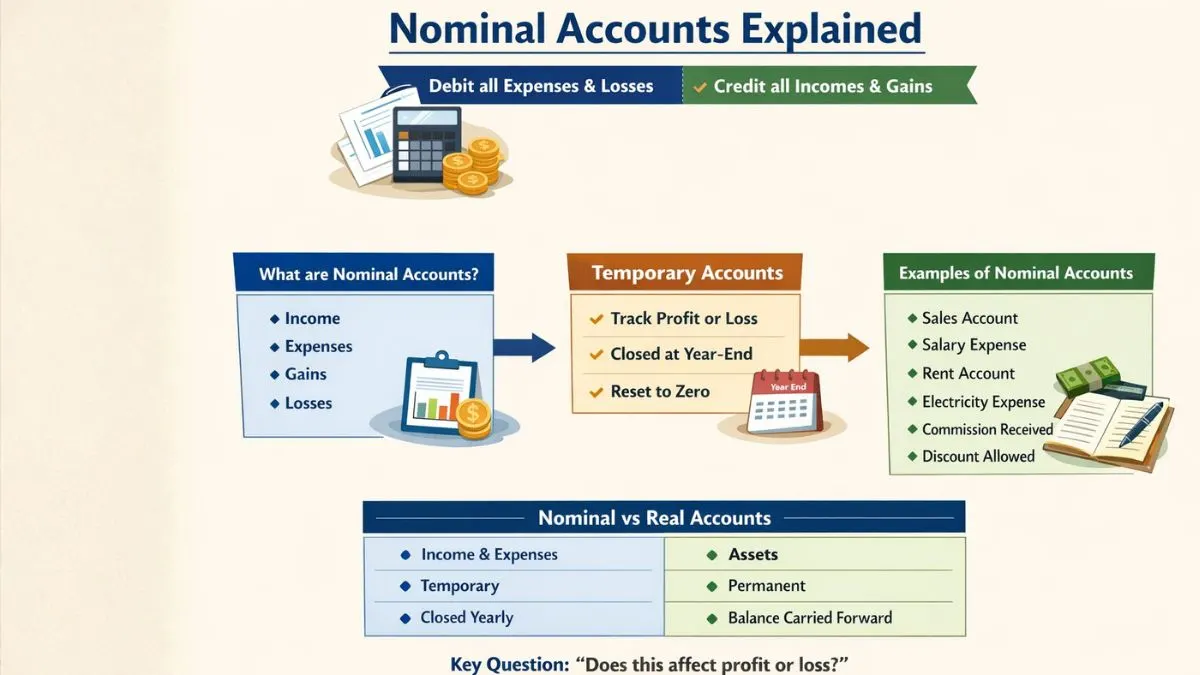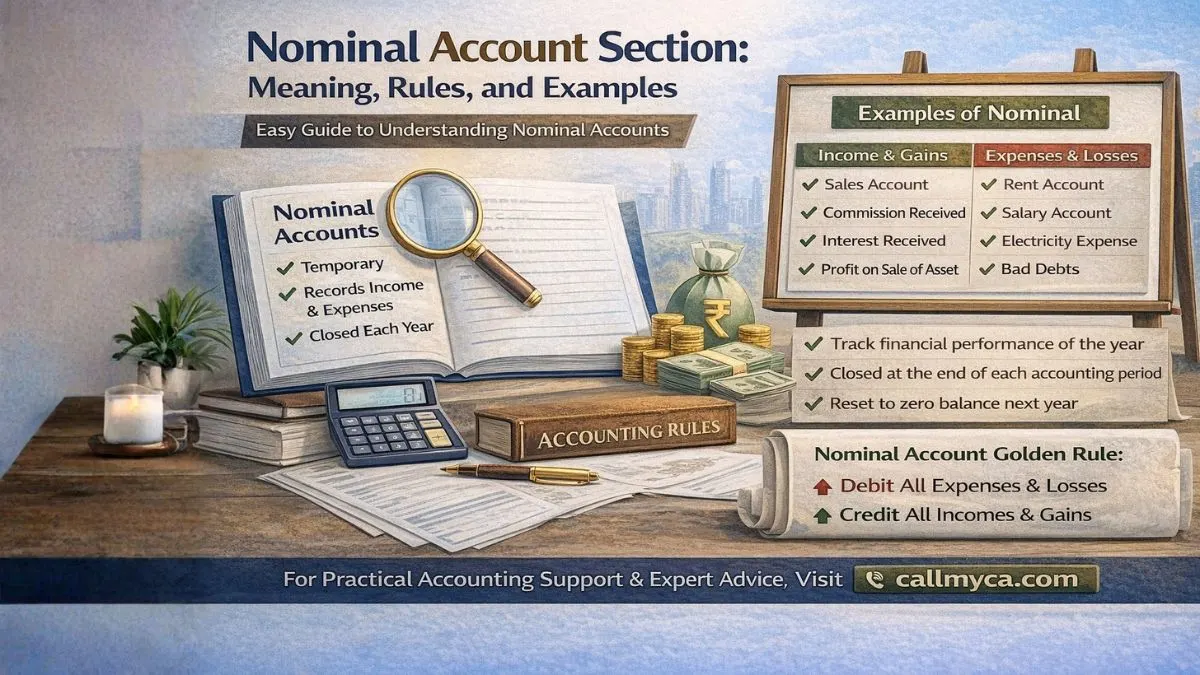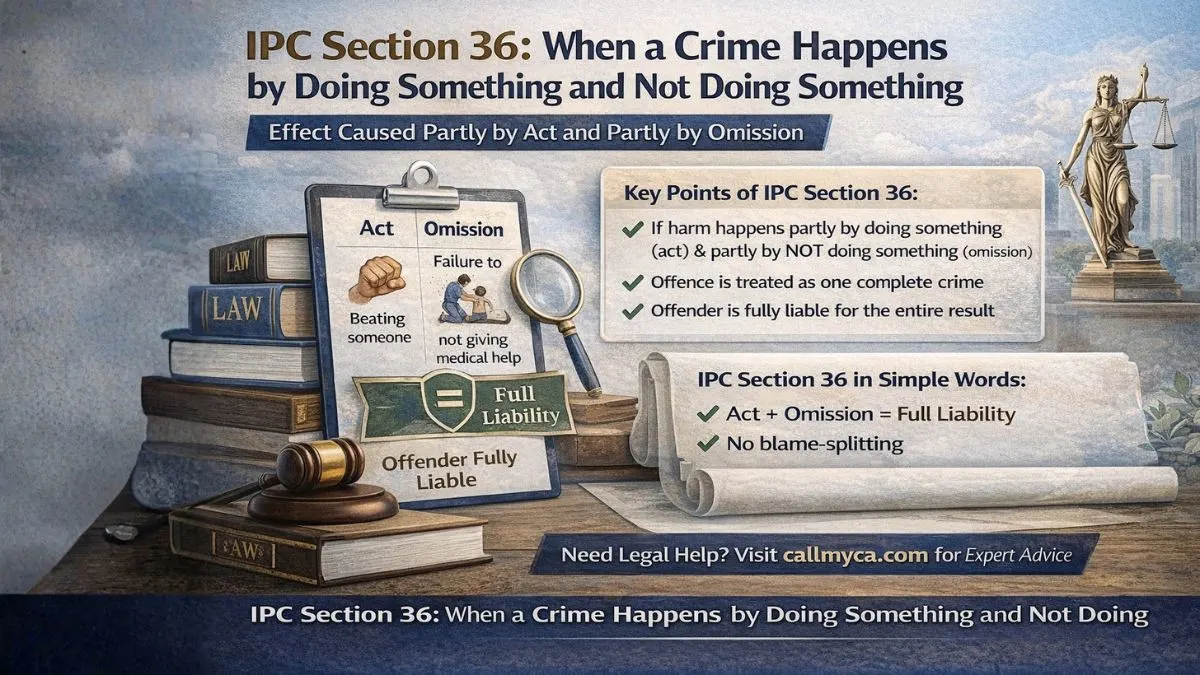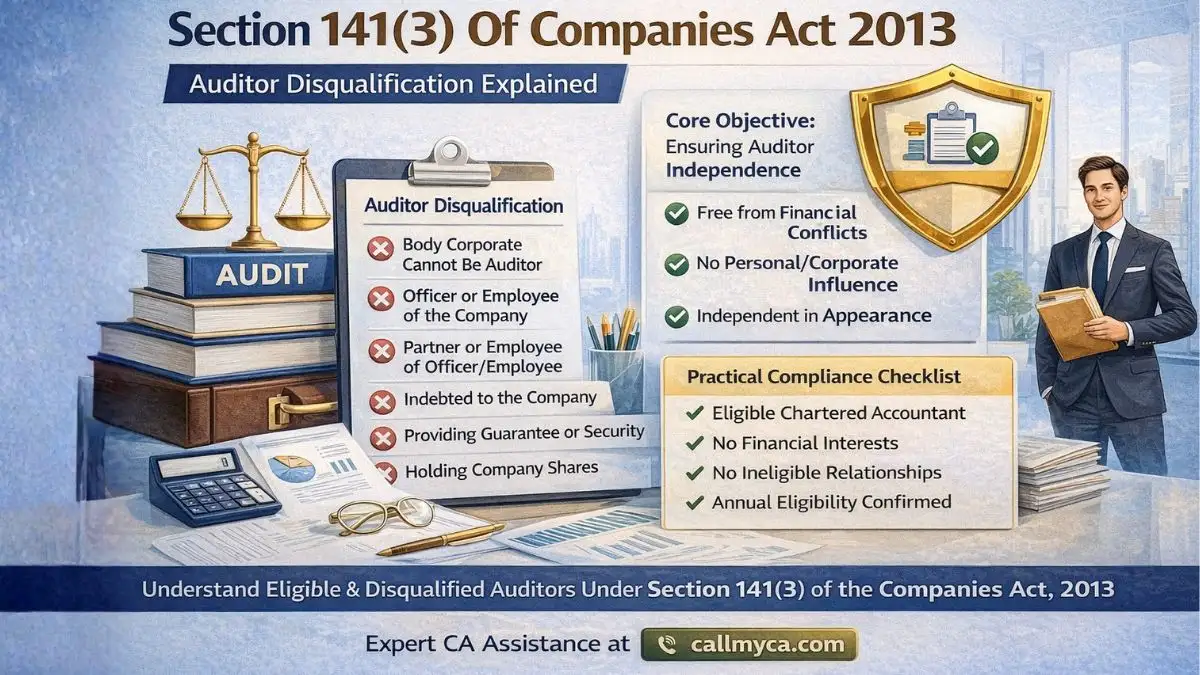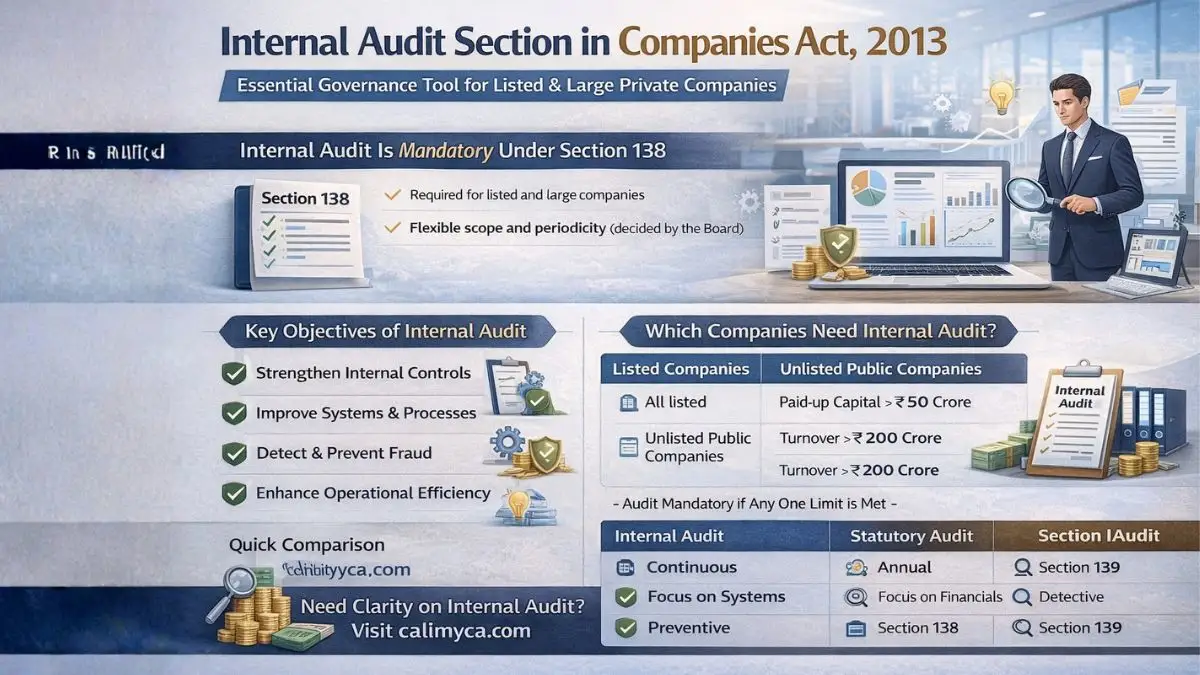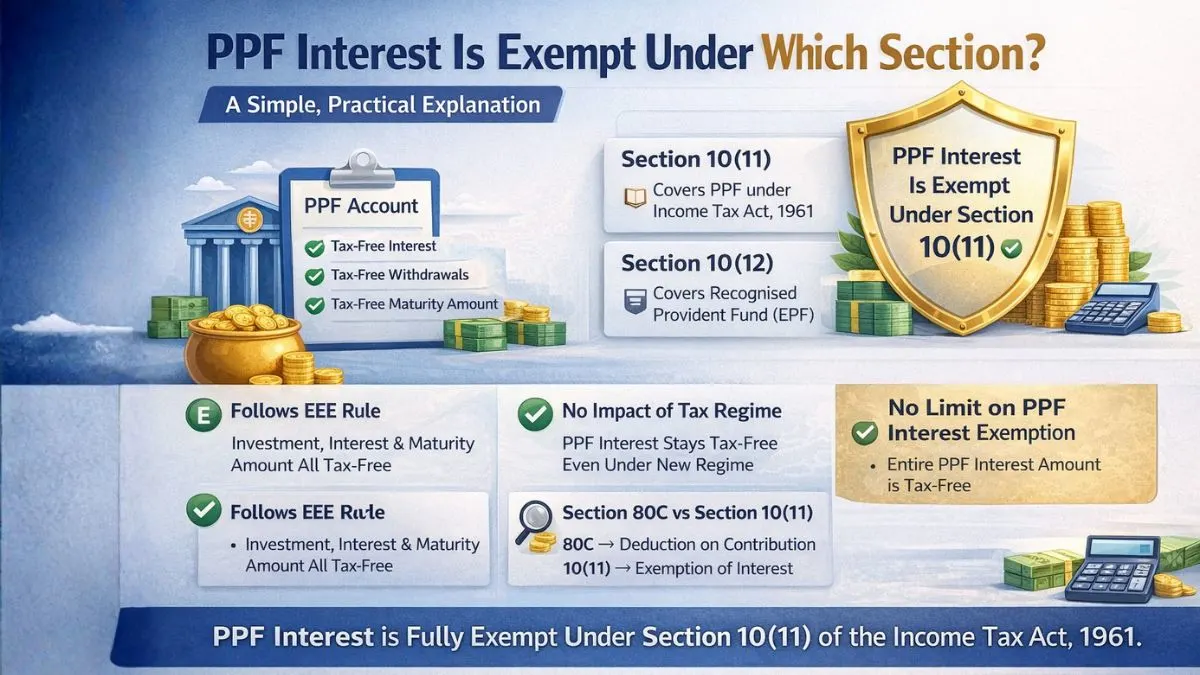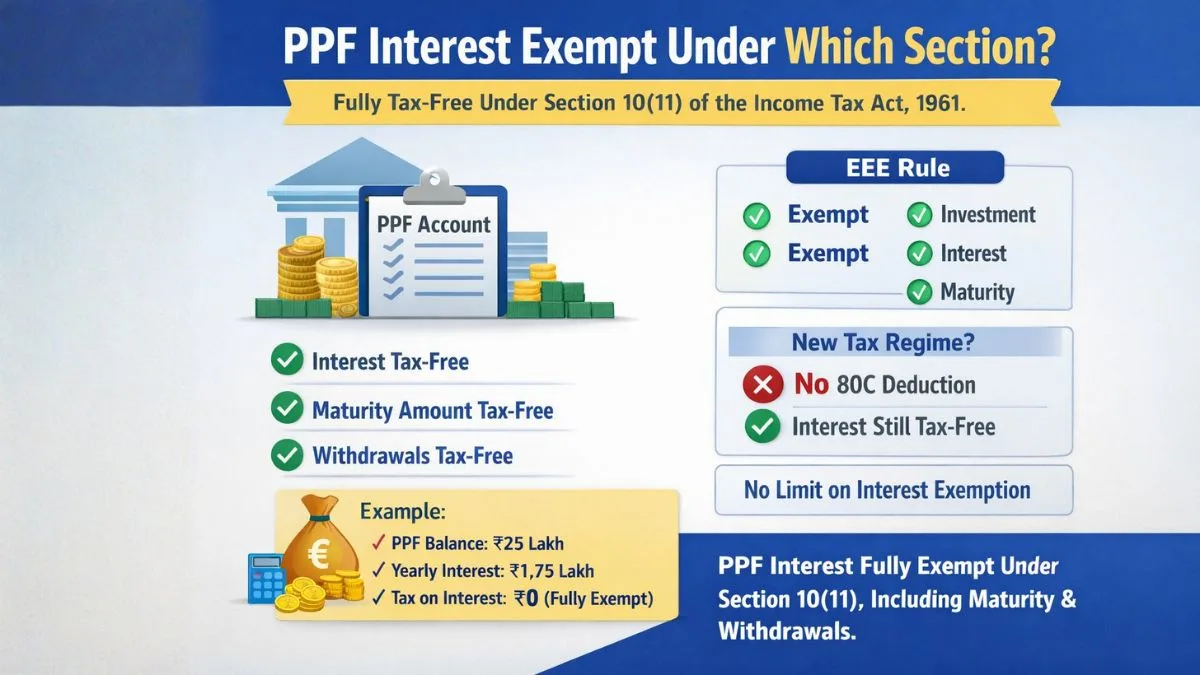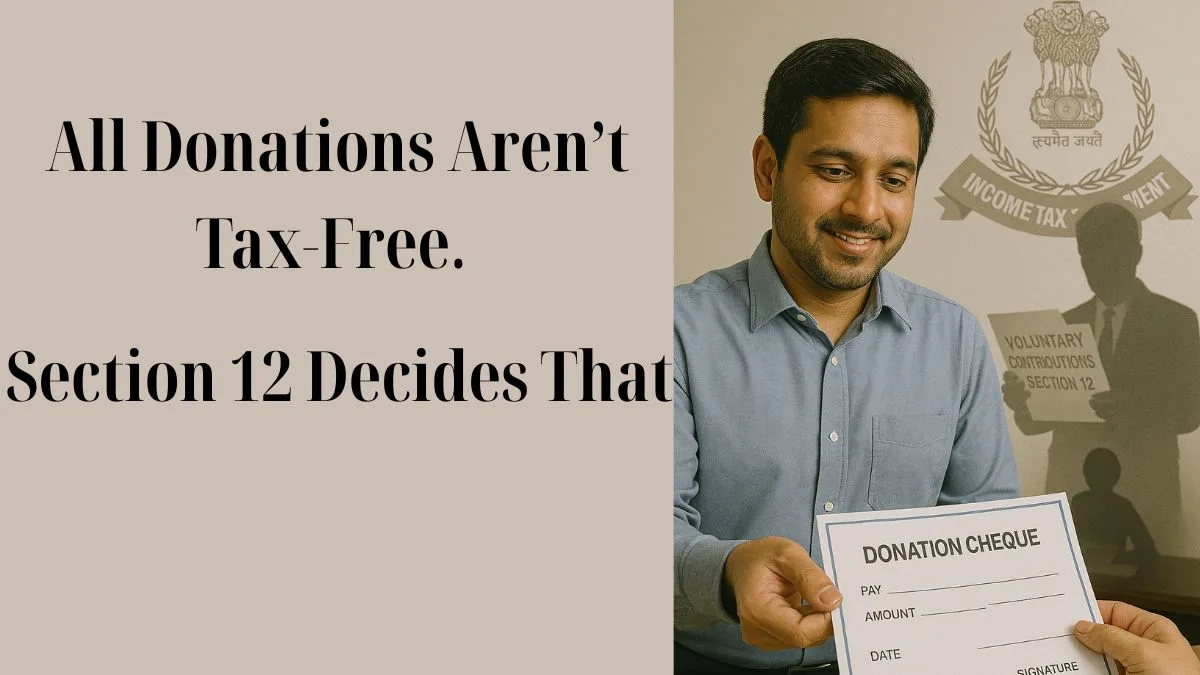
When we think of income tax, we usually picture salaried individuals or businesses. But what about trusts & institutions that operate for the greater good? Are they exempt from tax? Do they have special benefits? The answer lies in Section 12 of the Income Tax Act.
Understanding Section 12
Section 12 of the Income Tax Act deals with the income of trusts or institutions from contributions. It provides clarity on how the income of a charitable or religious trust is treated for taxation. This section works in conjunction with Section 11 & defines the tax implications of any income of a trust for charitable or religious purposes.
What makes this section crucial is that it ensures donations or voluntary contributions received by these institutions are not taxed like regular income, as long as they meet specific conditions."
What Kind of Trusts Are Covered?
Section 12 specifically focuses on all trusts created for charitable or religious purposes. This includes temples, educational institutions, NGOs, old age homes, & even hospitals that qualify as charitable trusts. However, to avail benefits under this section, the trust must be legally registered under Section 12A or 12AA & follow certain rules under the Act.
Nature of Income Exempt Under Section 12
- Voluntary Contributions: Donations made without any consideration.
- Corpus Donations: Funds meant to be held permanently.
- Income applied towards charitable/religious purposes.
- Gifts received in kind or cash (if properly documented).
However, if the trust uses income for non-charitable purposes or violates certain provisions, this exemption can be denied."
Section 12 vs. Section 11 – What's the Difference?
While Section 11 explains the conditions under which income from property held under trust is exempt, Section 12 expands the scope to cover income from voluntary contributions, especially those not covered under Section 11.
For instance:
- Section 11: Rent received from a building owned by a trust.
- Section 12: Donations made by the public to the trust.
Recent Updates You Should Know
The government has tightened compliance norms for charitable trusts. Now, they must:
- File returns on time.
- Maintain proper books of accounts.
- Ensure that transactions by charitable trusts with specified persons are transparent and arm's-length.
- Understand who the law defines as specified persons, to avoid misuse or conflict of interest.
Violation of these provisions may lead to the withdrawal of exemptions.
Common Examples
Let’s say an NGO receives ₹20 lakhs in donations. If it spends ₹18 lakhs for education, healthcare, or religious outreach & meets all documentation and registration requirements, this income would be exempt under Section 12.
However, if ₹5 lakhs is used to buy a luxury car for a trustee (a specified person), then that part of the income may not qualify for exemption.
Why Should Trusts Care?
Because getting income tax exemption is a privilege, not a right. And it comes with responsibilities.
Failing to register, non-compliance with laws, or indulging in unfair dealings with related parties can not only lead to tax but may also result in penalties & cancellation of trust status.
Final Word (with CTA)
Whether you're starting a charitable trust or unsure about compliance, one wrong step can cost your exemption status. Let our experts at Callmyca.com help you register, comply, & save tax legally—before the taxman knocks.

